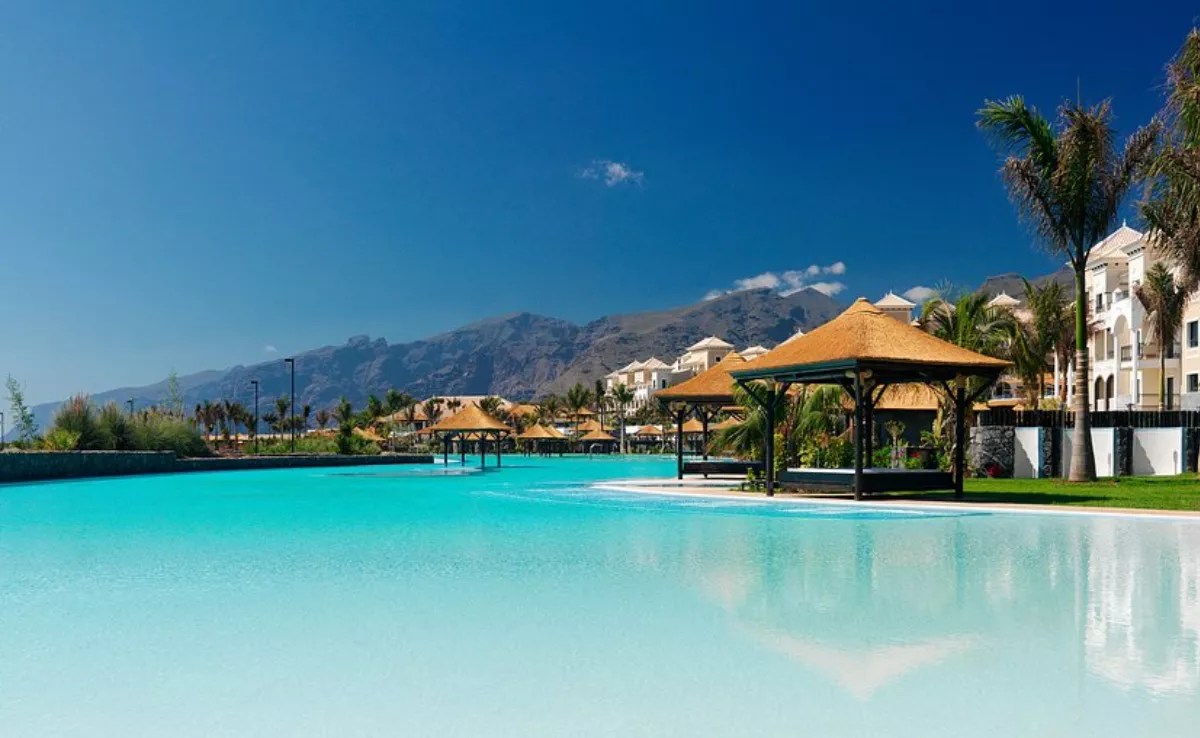Yesterday, the plenary session of La Laguna approved a request “to urge the Parliament of the Canary Islands to resume the debate for the preparation of legislative measures aimed at improving tourist activity and preserving the environment, which includes the implementation of a sustainable tourism tax, ecotax, with a specific focus on enhancing the destination, ensuring competitiveness, quality and sustainability of the activity. It was also highlighted that for the development of this measure, the input of councils and city councils must be considered.”
The approved text resulted from a motion by Unidas se puede, with an amendment from the Government group (PSOE and CC), and garnered support from Drago Verdes Canarias, while the PP and Vox voted against it. Vox argued that an ecotax “is neither constitutional nor moral”, and the PP deemed the agreement “a song to the sun without any type of route,” according to its spokesperson, Juan Antonio Molina.
Councilor Idaira Afonso of Unidas se puede defended the ecotax, emphasizing that it would not apply to residents on the Island. She stated that it is not a new concept and is implemented in various countries and regions such as Catalonia and the Balearic Islands, where it has not led to a decrease in tourism. Instead, the revenue generated is reinvested in the environment and the economy.
Within a session marked by several agreements between different political parties, another motion proposed by the PSOE to declare the Canary Islands Basketball Club of public utility was approved. Additionally, an institutional motion proposed by the PP to initiate the modification of the municipal organic regulations of the City Council within a year or less was also approved. Furthermore, a motion proposed to develop and construct new fully accessible and inclusive playgrounds was unitedly supported.
Moreover, based on another motion by the PP, with amendments from the local government and Unidas se puede, it was agreed to request necessary reports from Urban Planning Management to assess the viability of expanding existing parking lots or establishing other temporary ones near the center of La Barranquera, as well as implementing other measures to enhance this area of the lagoon coast.
Restrictions in Pedestrian Streets
However, a motion by the PP to modify the loading and unloading schedule in the pedestrian streets of the town was rejected. Instead, an amendment by the local government, supported by Unidas se puede, to maintain the current schedule and work on a citizen-participated regulation, in line with the Low Emission Zones and the Sustainable Urban Mobility Plan, and to advance the regulation of the Helmet Use Plan and protect the neighbourhood’s right to rest, was approved.
A motion against the municipal campaign to attract digital nomads in La Laguna, proposed by Drago, did not proceed, with the local government advocating for its continuation but suggesting a study involving citizens and public entities to assess the impact of these nomads in the municipality.
However, an agreement was reached on the use of silica sand in the tram based on a motion by Drago, and it was unanimously approved with an amendment from the local government. Consequently, “the Cabildo is urged to, through Metropolitano, continue with the work for the study and validation of a substitute for silica sand, with the participation of the National Institute of Safety and Health at Work, which oversaw the replacement process in the Bilbao metro, to ensure that the chosen product is technically effective and compatible with the safety and health of workers and users,” as stated in the text. Councilor for Transportation, Domingo Galván, emphasized the need to “continue with the work started” and anticipated the potential replacement of silica sand by June this year.
This session also witnessed several reports, one to delegate the Presidency of the Special Commission on Transparency, Public Information and Good Government to Councilor Eva María Cloguen (PP), and another for the extension of the municipal budget of 2023, with the 2024 budget coming into force. After the questions, the plenary session concluded with a minute of silence in honour of the recent passing of the former president of the Government of the Canary Islands, Lorenzo Olarte.















